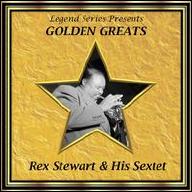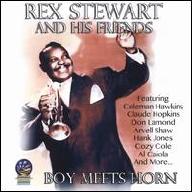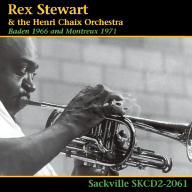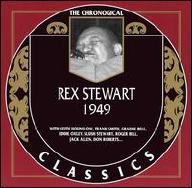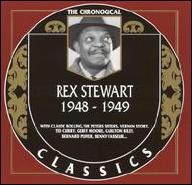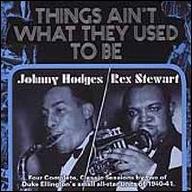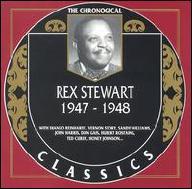He was a star throughout his tenure, co-writing classics Boy Meets Horn and Morning Glory. He also supervised many outside recording sessions using Ellingtonians. After leaving, Stewart led various combos and performed throughout Europe and Australia on an extensive Jazz at the Philharmonic tour from 1947-1951. He lectured at the Paris Conservatory in 1948. Stewart settled in New Jersey to run a farm in the early '50s. He was semi-retired, but found new success in the media. He worked in local radio and television, while leading a band part-time in Boston. Stewart led the Fletcher Henderson reunion band in 1957 and 1958, and recorded with them. He played at Eddie Condon's club in 1958 and 1959, then moved to the West Coast. Stewart again worked as a disc jockey and became a critic. While he published many excellent pieces, a collection containing many of his best reviews, Jazz Masters of the Thirties, came out posthumously. There's also a Stewart autobiography available. ~ Ron Wynn, Rovi
|
1
|
|
Montmartre |
|
2
|
|
Perdido |
|
3
|
|
That's Rhythm |


